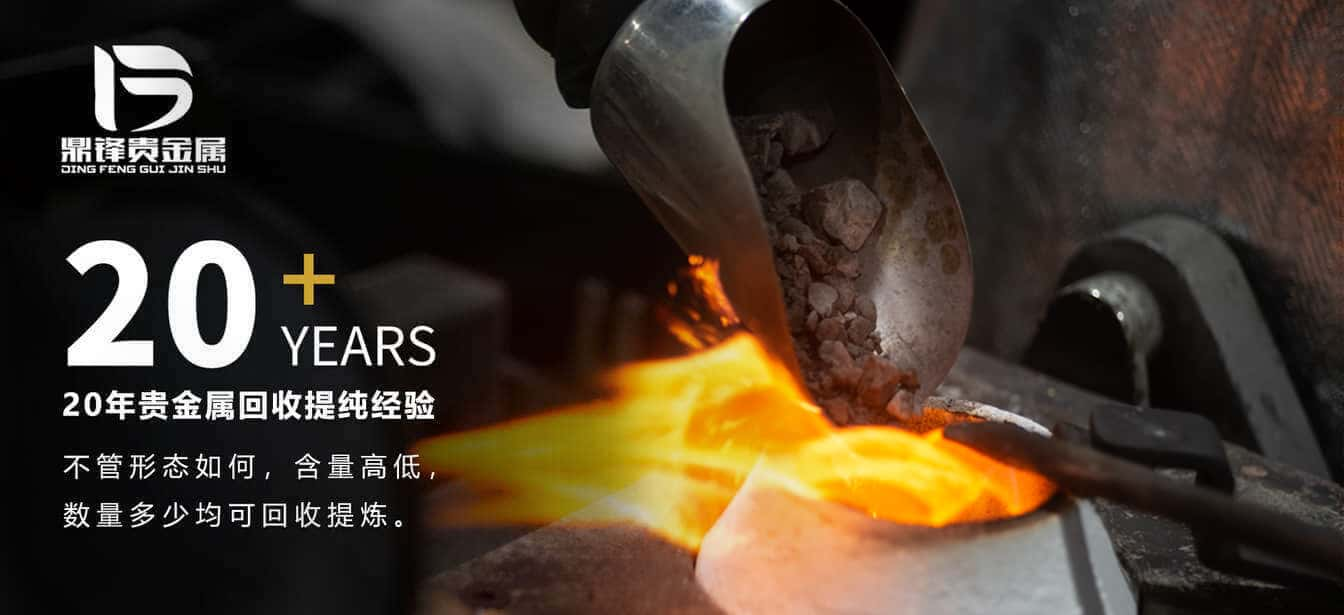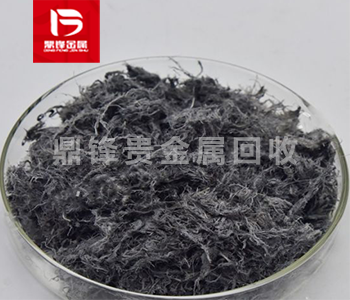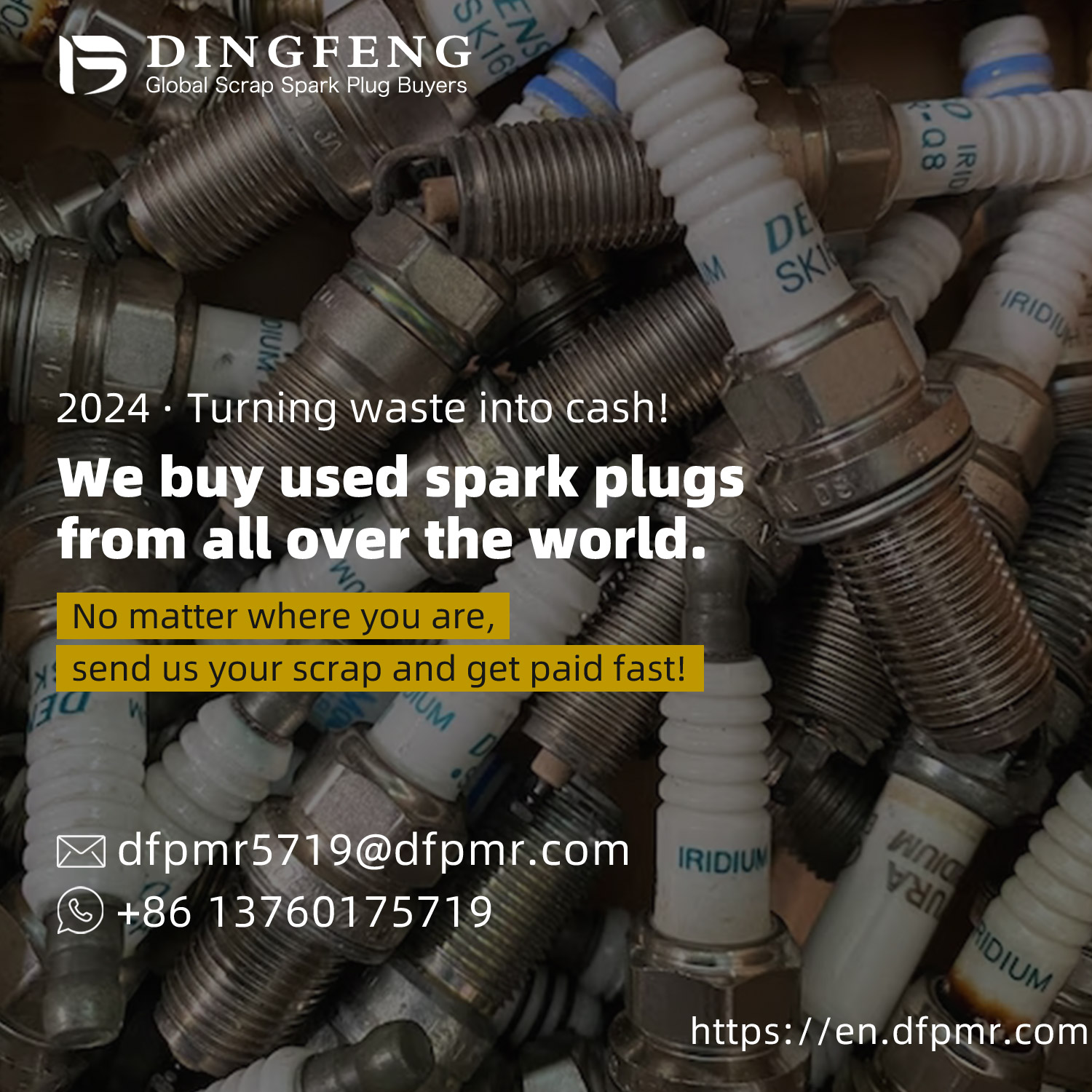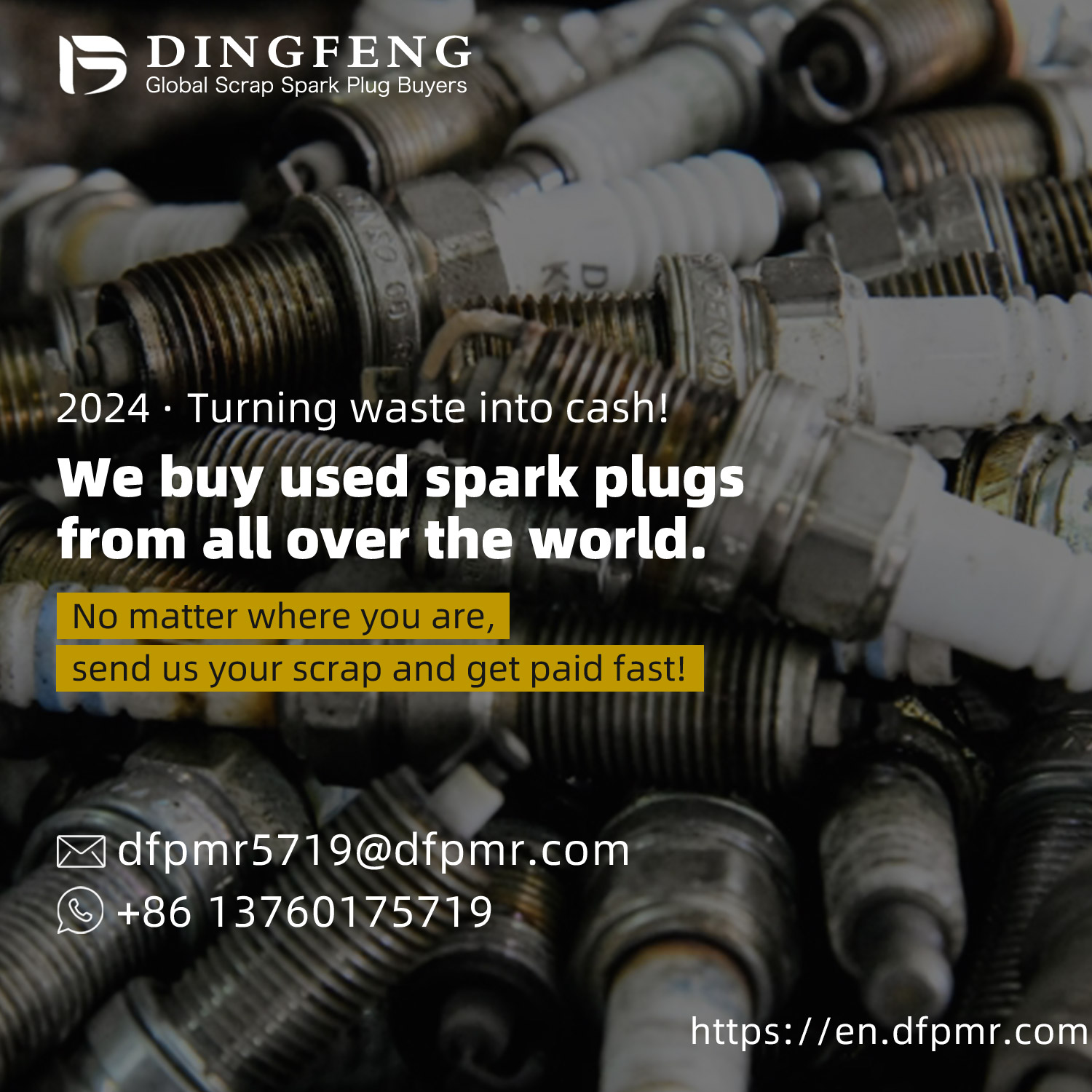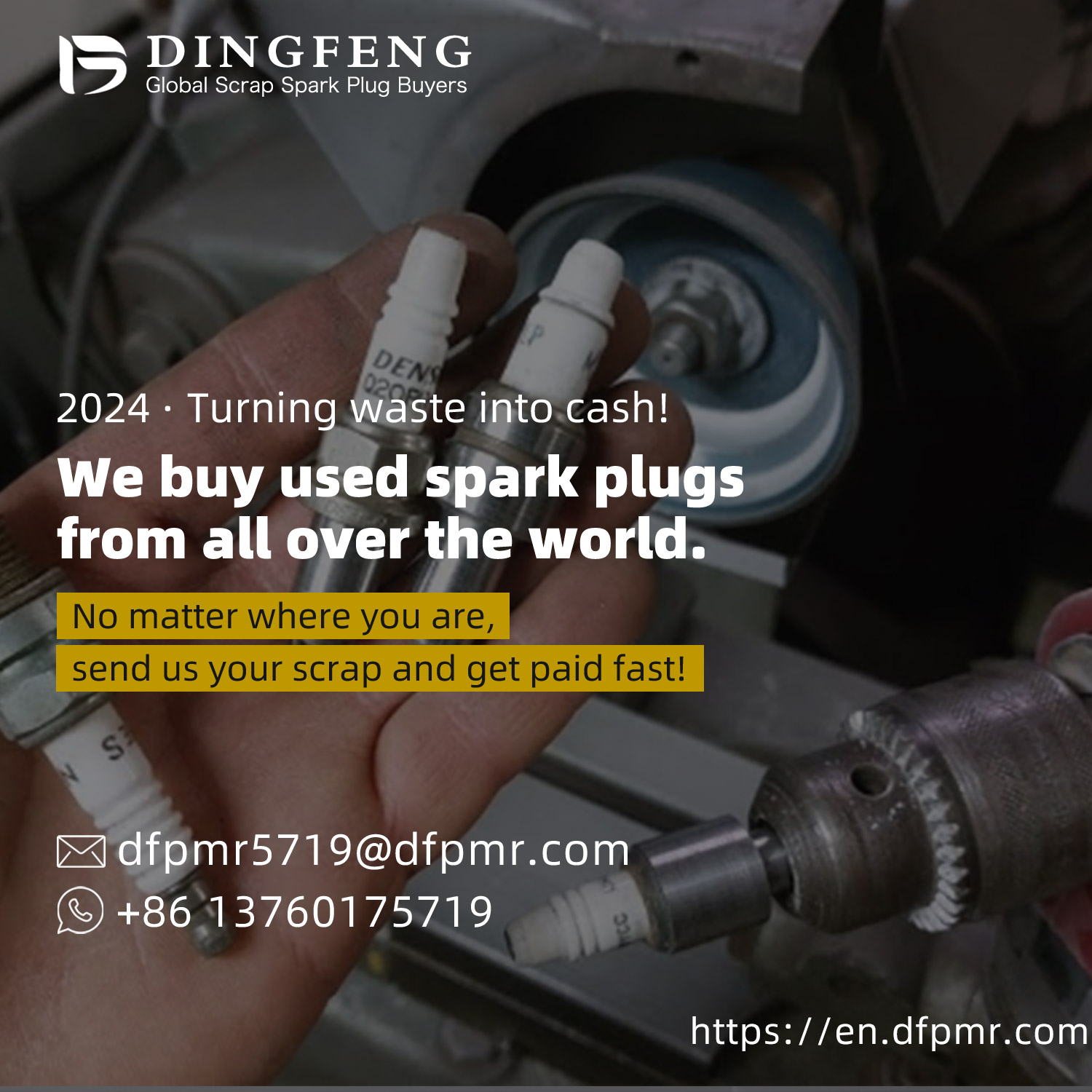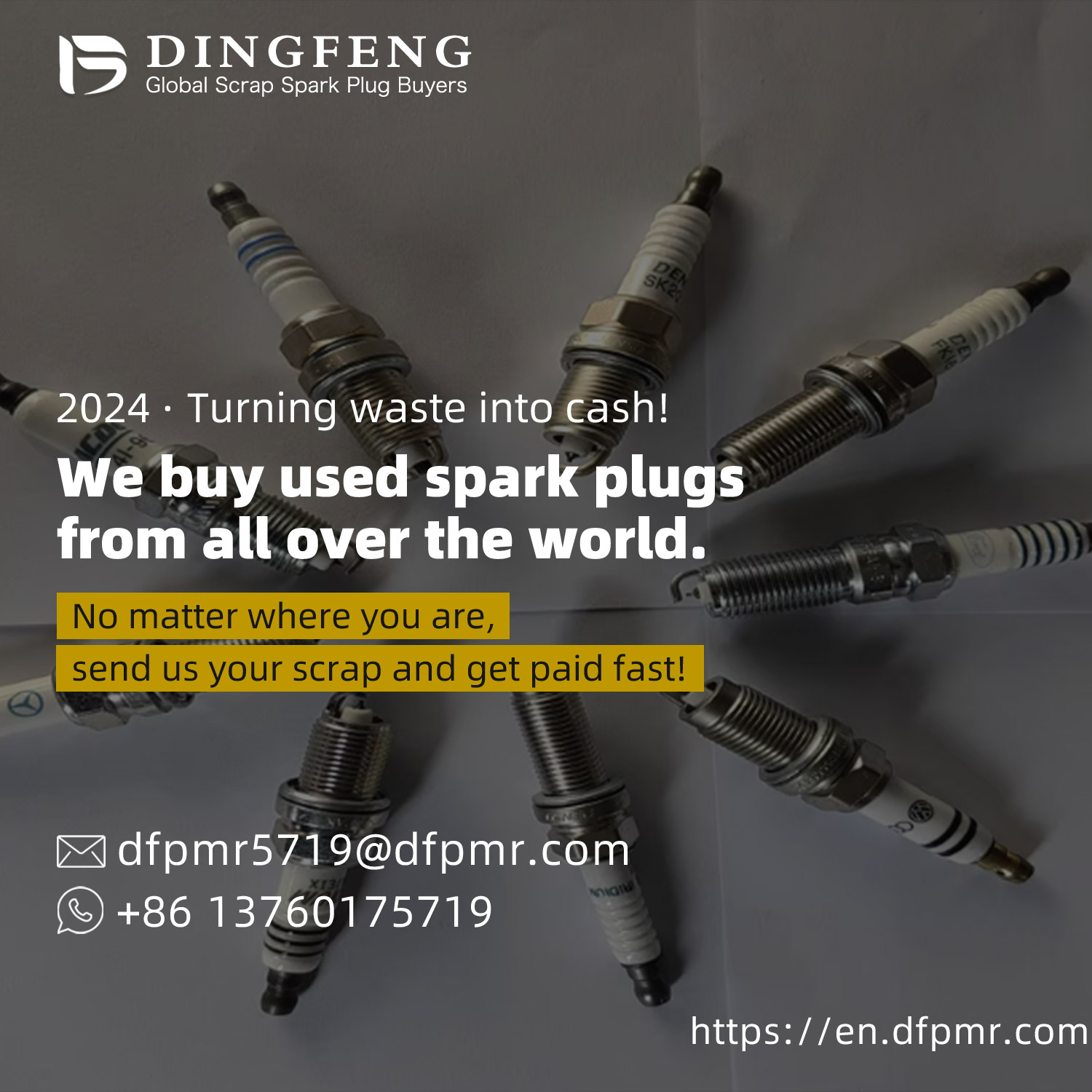Electroplating Gold Recycling: A Method for Recycling Gold Plating Waste
Electroplating gold recycling refers to the process of separating and reusing metal materials from waste electroplating materials through a series of processing treatments. Due to the widespread appli
Electroplating gold recycling refers to the process of separating and reusing metal materials from waste electroplating materials through a series of processing treatments. Due to the widespread application of electroplating metals in industrial production, a large amount of waste electroplating products are generated. Electroplating gold recycling can avoid wasting resources, protect the environment, and has important economic and social significance.
Electroplating gold is a coating containing metals that is formed by electrochemical deposition on the surface of the substrate. Usually, metals such as gold, silver, nickel, copper, cobalt, etc. can be used for electroplating, and the substrate for electroplating can be steel, copper, aluminum, zinc, tin, etc. In industrial production, electroplating technology is widely used in the manufacturing of electronic devices, automotive parts, household appliances, chemical equipment, and other fields. Waste electroplating materials refer to electroplating materials that are no longer usable during production and use. These waste electroplating materials are often discarded in landfills or incineration plants, causing serious environmental pollution and resource waste. In order to solve this problem, the electroplating gold recycling industry has emerged.
The process flow of electroplated gold recovery includes steps such as sorting, treatment, smelting, and purification of waste electroplating materials. Firstly, it is necessary to classify waste electroplating materials and separate different types of electroplating materials. Then, metal and non-metallic substances are separated through methods such as mechanical separation, gravity separation, and magnetic separation. Next, the separated metal is melted and transformed into reusable metal blocks. Finally, metal purification is carried out to remove impurities and obtain higher purity metal materials.
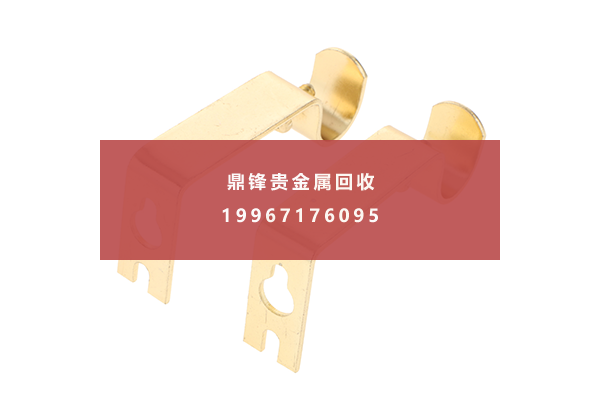
The benefits of electroplated gold recycling not only lie in environmental protection, but also in economic benefits. Recycling waste electroplating materials can save the use of raw materials, reduce production costs, and also bring considerable economic benefits to enterprises. In addition, electroplated gold recycling can also promote the development of circular economy and achieve maximum utilization of resources. However, the electroplating gold recycling industry also faces some challenges. One is the high technical difficulty, requiring the use of advanced processing equipment and technology, which requires high technical and management levels of personnel. Secondly, market demand is greatly affected by supply chain and price fluctuations, and the profitability of the recycling industry is greatly affected. Thirdly, the sources and recycling channels of waste electroplating materials are relatively scattered, resulting in higher recycling costs. The fourth is that the treatment of wastewater, exhaust gas, and waste residue generated during the recycling process also requires a certain amount of cost and resources.
In order to address these issues, the electroplating gold recycling industry needs to strengthen technological research and management levels, improve recycling efficiency and quality, and reduce costs. At the same time, it is necessary to actively seek sources and recycling channels for waste electroplating materials, expand market demand, and improve the profitability of the industry. In addition, it is necessary to strengthen the treatment and utilization of wastewater, exhaust gas, and waste residue to achieve environmentally friendly industries. Electroplating gold recycling is an industry with significant environmental, economic, and social benefits. It can not only avoid wasting resources and reduce environmental pollution, but also promote the development of circular economy and achieve the maximum utilization of resources. Although facing some challenges, as long as all parties in the industry work together to overcome technical difficulties, find suitable recycling channels, improve management level and market demand, sustainable development can be achieved, and greater value can be brought to society and the environment.
&Quot; Dingfeng Precious Metals Recycling includes precious metals such as gold, silver, palladium, rhodium, platinum, germanium, iridium, ruthenium, etc. This is our business in precious metal recycling. If you have precious metals such as gold, silver, palladium, rhodium, platinum, germanium, iridium, ruthenium that need to be recycled, please contact us and we will provide you with a satisfactory price& Quot;
